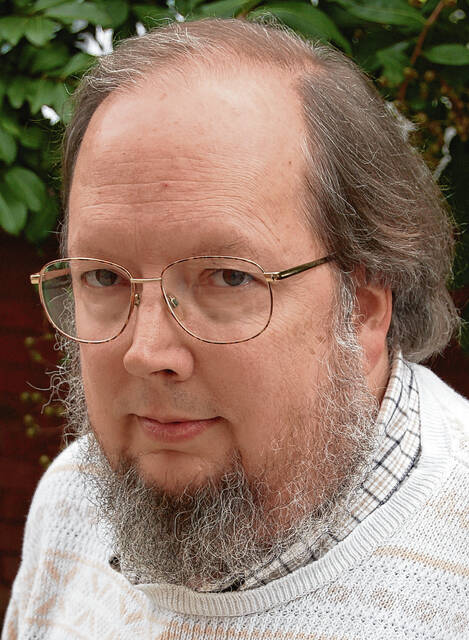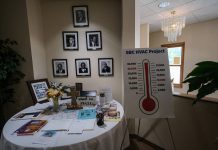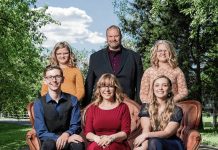At the end of each podcast, Babylon Bee leaders ask guests the same 10 questions, including this stumper: “Calvinist or Arminian?”
That caught Elon Musk by surprise, and he needed clarification on the difference between Arminian believers and persons from Armenia. After some background on Protestant history, he said: “My mind would say ‘determinism’ and my heart says ‘free will.’”
Why was the mastermind behind Tesla and SpaceX — a man worth $278 billion at the end of 2021 — talking to a Christian satire website? The answer: Musk has 69.7 million Twitter followers, and he frequently responds to them, even if it’s a US senator questioning his taxes.
“You know, he engages with our content from time to time,” Bee CEO Seth Dillon told Fox News. After email exchanges about a meeting, Musk said: “Fly to me and we’ll do it.”
The result was 100-plus minutes of conversation in Austin, Texas, ranging from satire to science and from politics to pop culture. Topics included sustainable energy, superheroes (Musk would choose to be “Irony Man”), why entrepreneurs are fleeing California, the physics of reusable rockets, cyborgs, how “wokeness” threatens humor, CNN morality and the future of a planet near an expanding sun.
Musk discussed his journey from South Africa to America, including his days as a manual laborer while struggling to pay student loans. Then he dove into computer coding and online commerce, making millions of dollars that led to Tesla. The rest is history.
On celebrity websites, Musk is often described as an atheist or agnostic. Asked if he prays, Musk once replied: “I didn’t even pray when I almost died of malaria.” But after the success of the first manned Falcon rocket mission, Musk said in his public remarks: “You know, I’m not very religious, but I prayed for this one.”
In the Bee interview, Musk discussed his complex religious background, which included going to “Anglican Sunday school, the Church of England, basically. But I was also sent to Hebrew preschool, although I’m not Jewish. … I was singing ‘Hava Nagila’ one day and ‘Jesus Our Lord’ the next.” Later, he had an “existential crisis,” read the Bible and other religious classics and concluded: “There’s a whole bunch of things in there they didn’t teach you in Sunday school.”
There was humor in these exchanges, along with serious questions, said Bee editor Kyle Mann, via email. After all, these podcasts have featured atheists, agnostics, “Christians of all stripes” and “everyone in between.”
This chance to “pick Elon Musk’s brain and get his thoughts on God, faith, religion and the Gospel was incredibly humbling,” said Mann. “You could certainly feel him searching and working through the eternal questions everyone has to encounter at some point: Does God exist, and what do you do with Jesus Christ?” Mann said the dialogue continued after the recording stopped.
In the podcast, creative director Ethan Nicolle did ask: “To make this ‘church,’ we’re wondering if you could do us a quick solid and accept Jesus as your Lord and Savior?”
After an awkward pause, and some laughter, Musk took the question seriously.
“There’s great wisdom in the teachings of Jesus, and I agree with those teachings. Things like ‘turn the other cheek’ are very important, as opposed to ‘an eye for an eye.’ An eye for an eye leaves everyone blind,” said Musk, paraphrasing a quote attributed to Mahatma Gandhi. Musk also quoted Albert Einstein, affirming belief in the “God of Spinoza,” in which the material universe is seen as an expression of God.
“Forgiveness, you know, is important and treating people as you would wish to be treated,” added Musk. “Love thy neighbor as thyself. Very important. … But hey, if Jesus is saving people … I won’t stand in his way. Sure, I’ll be saved. Why not?”
At the very end, Musk described his confusion as a 5-year-old, receiving Holy Communion without understanding what was happening and why. At that stage, he said, he was still asking basic Bible questions, “like how Jesus fed the crowd with five loaves and three fish. … Where did the fish and the bread come from? … Would you, like, take a bite and the bread would come back to being a full (loaf of) bread? …
“They left out the details. … I’m not saying that I know all the answers.”





